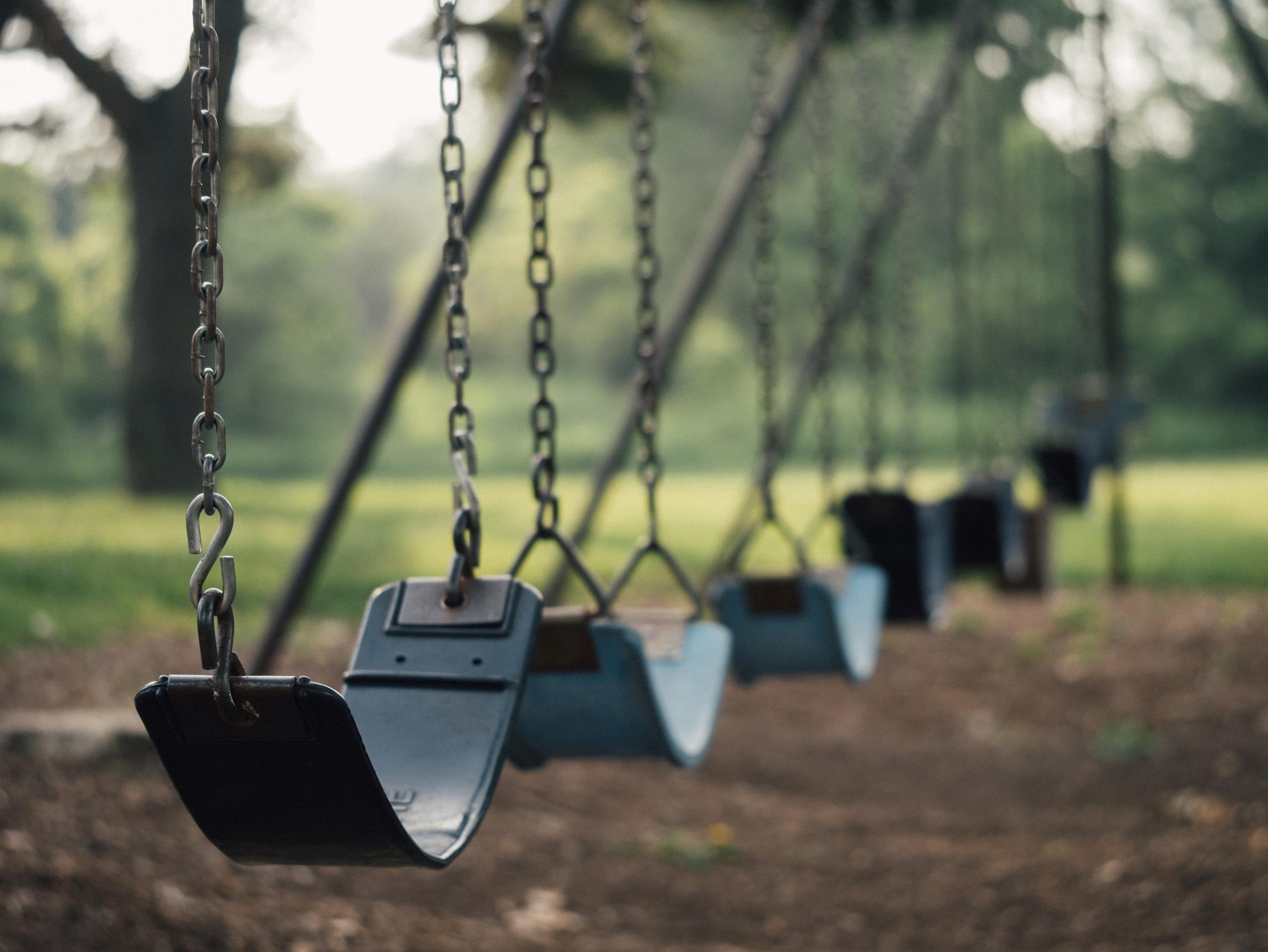Student Wellbeing

Going to secondary school: what to expect?
Moving from primary to secondary school, or high school, is a big transition. It can be a time full of fun, excitement and new experiences, but it can also be challenging or worrying for many children. You can help by making sure your child is prepared and feels supported.
Children often have mixed feelings about secondary school. They might be:
- excited about new friends, subjects and teachers
- nervous about learning new routines, making new friends or wearing a new uniform
- worried about handling the workload or not fitting in.
You might also worry about these issues, and about whether your child will have the confidence and skills to handle them.These worries are all normal. Secondary school also means a move from the familiar to the unknown, and a whole new way of doing things.
Relationships
Your child will need to meet new peers and make new friends, and establish or re-establish her position within a peer group.
Schoolwork
Your child will need to adapt to new teaching and assessment styles, cope with a wide range of subjects, adjust to having different teachers in different classrooms, become more responsible for his own learning, manage a heavier and more complicated study and homework load, and learn a new and more complex timetable.
Getting around
Your child will have to adjust to a new school campus, find her way around, get to class on time with the right books and materials, and possibly cope with new transport arrangements.
When children are making the move to secondary school, you have the biggest influence on how smooth the transition is. Your child’s friends do influence how your child feels about the move, but your support has stronger and longer-lasting effects.
Feelings
Here are some ideas to deal with mixed feelings and worries:
- Talk with your child about what he’s most looking forward to and what he’s/she’s worried about. Really listen when your child shares his feelings and worries about secondary school. Reassure him/her that it’s normal to worry about going to secondary school.
- Encourage your child to look at the positive side of the move to secondary school. For example, you could highlight the new opportunities your child will have by talking about extracurricular activities your child could choose at the new school.
- Talk with your child about friendships. For example, you could ask what your child’s friends are saying about secondary school. You could also talk about how your child might keep in touch with old friends and make new friends at high school.
Friends
These ideas might help with worries about getting to know people and making new friends at high school:
- Reassure your child that it’s normal to worry about making new friends.
- Let your child know that new friends are welcome in your home. Encourage your child to invite new friends over, or be ready to transport your child to their houses.
- Help your child explore new opportunities. Learning a musical instrument, trying a new sport or joining a drama class are great ways for your child to meet new people and get involved in school activities.
Feelings
You could try these suggestions for handling emotional ups and downs:
- Be prepared for ups and downs. Adjusting to change takes time, but if things don’t stabilise after the first term, talk to your child’s home-room teacher in the first instance.
- Remind your child that it’s normal to feel nervous about starting something new – for example, you could share how nervous and excited you feel when starting a new job.
- Talk to other parents to check whether your child’s experiences and feelings are similar to those of others. Sporting and school events are good opportunities to meet other parents.
- Try to make sure your child eats well, gets plenty of physical activity and gets plenty of sleep. The change to secondary school is likely to make your child more tired at first.
- Stay calm. If you’re calm and reassuring you’ll give your child more confidence that she can get through the tough parts of starting high school.
Signs your child might be having difficulty at secondary school
If your child is struggling with the transition to secondary school, you might notice that he:
- doesn’t want to go to school, or refuses to go
- says he feels sick on Sunday nights
- doesn’t seem interested in schoolwork or new activities at the new school
- doesn’t talk with you about school or friends
- seems low on confidence or self-esteem – your child might say he’s dumb or nobody likes him
- is getting lower marks than he used to.
If your child is having trouble, don’t wait for things to improve on their own. Try to get your child talking about how she’s feeling, let her know that feeling worried is normal, and see whether you can work out some strategies together. If things don’t improve within 2-3 weeks, consider speaking with your child’s teacher, year level co-ordinator, welfare co-ordinator or GP.
And don’t be surprised to find that your child doesn’t want you to be as visible at his secondary school as you might have been during the primary years. Remember that he’ll still need your support outside of school and that it’s all part of the way he/she develops greater independence.
By Chantelle Gianinotti.
